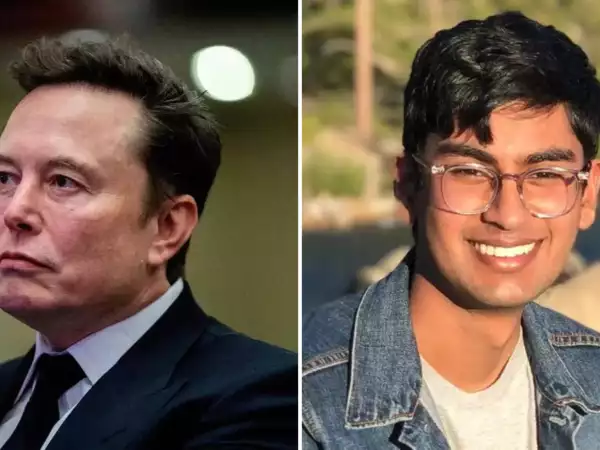Washington DC [US]: Elon Musk has supported claims of foul play in the death of 26-year-old former OpenAI researcher Suchir Balaji, who was found dead after publicly accusing the company of copyright law violations.
Poornima Rao, Balaji’s mother, has raised serious concerns over the San Francisco Police Department’s investigation, which ruled her son’s death a suicide. She alleged that her son was murdered and has demanded an FBI investigation.
In response to her post on X, Elon Musk commented, “This doesn’t seem like a suicide.”
Rao’s post described the incident as “cold-blooded murder declared by authorities as suicide.” She highlighted discrepancies between a private autopsy report and the initial police findings. She also alleged that her son’s apartment had been ransacked and pointed to signs of a struggle in the bathroom, where blood spots suggested he had been attacked.
“We hired a private investigator and did a second autopsy to uncover the truth. The private autopsy doesn’t confirm the cause of death stated by police. Suchir’s apartment was ransacked, with signs of a struggle in the bathroom. It looks like someone hit him in the bathroom based on blood spots. It’s a cold-blooded murder declared as suicide by authorities. Lobbying in San Francisco city doesn’t stop us from getting justice. We demand an FBI investigation,” Rao wrote on X.
Balaji was found dead in his San Francisco apartment months after publicly criticizing OpenAI’s practices. Despite the circumstances, the San Francisco Police Department stated there was no evidence of foul play.
On October 24, shortly before his death, Balaji voiced his skepticism regarding the “fair use” defense often cited for generative AI products. He had participated in a New York Times article on the topic, stating:
“I recently participated in a NYT story about fair use and generative AI, and why I’m skeptical ‘fair use’ would be a plausible defense for many generative AI products.”
Providing context, Balaji wrote on X:
“I was at OpenAI for nearly four years and worked on ChatGPT for the last 1.5 of them. Initially, I didn’t know much about copyright or fair use but became curious after seeing lawsuits filed against GenAI companies. Upon researching, I concluded that fair use seems like a pretty implausible defense for many generative AI products because they create substitutes that compete with the data they’re trained on. I’ve written detailed reasons for why I believe this in my post. While I’m not a lawyer, I think it’s crucial for even non-lawyers to understand the law—both its letter and intent.”
Balaji had also been named in a copyright lawsuit filed by The New York Times against OpenAI. The lawsuit alleged that OpenAI and its partner Microsoft used millions of published articles to train AI models, thereby competing with original publishers.
The circumstances surrounding Balaji’s death, combined with his high-profile criticism of OpenAI, continue to spark calls for a deeper investigation.


